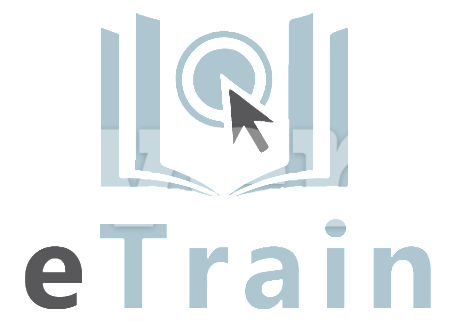Description
Six Sigma is a set of quality management tools that can help a business improve their process by spotting defects in individual outputs. It is considered as the foremost quality management methodology in the world and is responsible for saving organisations around the world billions in resources.
The methodology instils quality into a business process by removing defects and waste, bringing improved profits, confidence and quality, which ultimately ensures customer satisfaction. It was first implemented into Motorola in 1986 and saved them $1.4billion in manufacturing cost in the following seven years after its inception.
This course is designed to introduce students to basic concepts of Six Sigma, particularly in continuous process improvement. Various quality tools used in process improvements will be explored, as well as the importance of customer relationships.
KEY LEARNING POINTS
Understand the basics of Six Sigma
Describe the seven quality tools to solve process problems
Describe the various quality management tools
Describe the incremental and breakthrough improvements and understand the methodologies of continuous improvement projects
Describe the importance of customer relationships in a quality organisation
ADVANTAGES OF THIS COURSE
Get a basic understanding of the world’s most renowned quality management methodology
Implement the methodology in your processes as soon as you finish the course
Recommended reading list to help you build on the understanding you’ve accrued in the course
Be introduced to the levels within Six Sigma and the two frameworks used to Six Sigma projects







Reviews
There are no reviews yet.